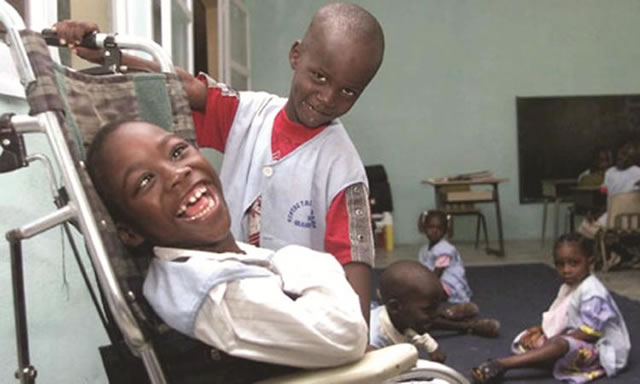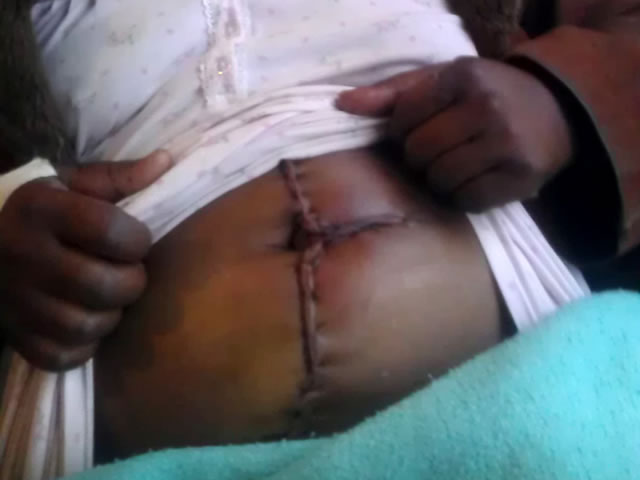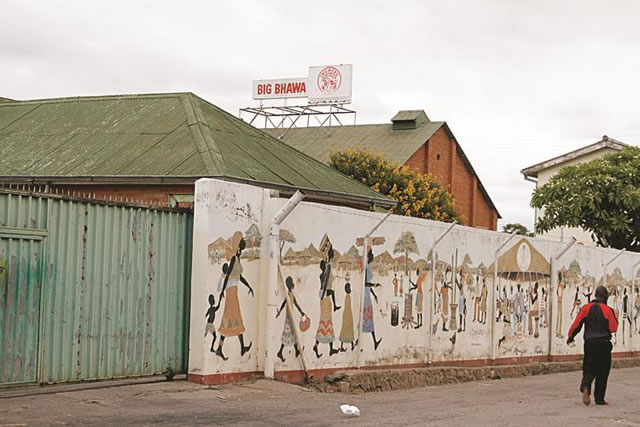Disability and post-new Constitution

 Esau Mandipa
Esau Mandipa
TWO major events have changed the colour and taste of disability activism in Zimbabwe. The events are the adoption of a new Constitution in 2013 and the ratification of the United Nations Convention on the Rights of Persons with Disabilities (CRPD) by Zimbabwe on September 23, 2013. The new Constitution effectuates a paradigm shift in the context of disability by expressly recognising the rights of persons with disabilities (PWDs) for the first time in the constitutional history of Zimbabwe. Of special mention is Section 83 of the Constitution which guarantees the rights of PWDs to education, health care, freedom from abuse, among other rights.
The Section indeed shows a constitutional commitment to advance the rights of PWDs who have endured severe marginalisation for a long time in Zimbabwe. Also by becoming a ratifying party to the CRPD, Zimbabwe has assumed an obligation to fulfil the text and the spirit of the CRPD. The CRPD embodies all the rights for PWDs and Zimbabwe is therefore bound to put measures in place to ensure that PWDs effectively and fully realise their rights.
However, the major question to be addressed is where do we go from now? Should we fold our hands and brag that the war on disability rights has been won? I am convinced that the answers are in the negative. Now is the ripe time to consolidate the gains by embarking on the following courses of action:
Firstly, Zimbabwe needs to urgently domesticate the CRPD for the Treaty to have local applicability. With utmost confidence, I am of the view that domestication of a Treaty is a simple process whereby the State enacts at most a one-paged Act of Parliament to the effect that such and such a Treaty is to be read as part of the national laws. So to our Honourable Members of Parliament, we eagerly await such a process for the betterment of PWDs in Zimbabwe.
Secondly, there is need to align the disability laws with the Constitution and better still the CRPD. This is again an urgent exercise which should be implemented without any hurdles. It is a cause of concern that laws which address disability in Zimbabwe, with the exception of the Constitution, predate the CRPD and are framed along the outdated medical model of disability which treats PWDs as sick people in need of medical treatment and charity.
As an example, the Disabled Persons Act [Chapter 17:01] is not a human rights document in that it does not confer any rights to PWDs or confer any obligations on the state. Other laws that are in need of the alignment process include the Children’s Act [Chapter 5:06], the Mental Health Act [Chapter 15:12], the Social Welfare Act [Chapter 17:06], the State Service (Disability Benefits) Act [Chapter 16:05], the War Victims Compensation Act [Chapter 11: 16] and the Criminal Law (Codification and Reform) Act [Chapter 9:23]. The bulk of these laws still use pejorative terms that disempower rather than empower PWDs. Terms like ‘imbecile,’ ‘mentally disordered,’ ‘intellectually handicapped’ and ‘mental patients’ demean, degrade, belittle, stigmatise and devalue PWDs.
Thirdly, it is an opportune time for Zimbabwe to adopt a national policy on disability. A national policy is very important with regards to implementation of disability laws. Such a policy has also to take into consideration groups of PWDs who face double discrimination for example women and children with disabilities, and the old aged with disabilities. Although women with disabilities (WWDs) generally face the same spectrum of human rights abuses that the able-bodied women face, their abuses are magnified due to severe dependence and social isolation. They suffer double discrimination. In Zimbabwe, the situation of WWDs is particularly precarious. They are subjected to harassment, sexual abuse and exploitation. In addition, Zimbabwe being a highly patriarchal society, WWDs are less likely to benefit from any developmental initiatives that are available as compared to men with disabilities.
On their part, children with disabilities are doubly marginalised firstly as children and secondly as PWDs. There is a big concern for children with disabilities’ vulnerability, welfare and the need to ensure that their rights are protected. A common scenario in Zimbabwe is that children with disabilities are less likely to complete primary education as compared to their non-disabled counterparts. This results in spill over effects in that due to lack of education and requisite skills, it is difficult if not impossible for children with disabilities to secure any form of employment. At the end, a vicious cycle of poverty and disability is compounded.
Not only are women and children with disabilities in need of concerted attention but the old aged with disabilities and persons with dual or multiple disabilities. Needs of the old aged with disabilities and persons with multiple disabilities may largely differ from those with a single type of disability. This means that the equal treatment of all PWDs without taking into account the specific individual impairments may as well lead to injustice.
Fourthly, there is need to take affirmative action programmes in favour of PWDs. Section 56(6) of the Constitution provides for affirmative action. Affirmative action simply means targeted steps for the advancement of people disadvantaged by historical practices or injustices. It is common cause that PWDs are a group of people who have suffered historical marginalisation due to discriminatory practices and tendencies.
A genuinely equal society is one that has a positive approach to and positively accommodates human difference. Formal equality entrenches pre-existing patterns of social disadvantage in a number of fundamental ways and fails to ‘reasonably accommodate’ the difference of disability. Formal equality therefore creates illusory benefits for PWDs. Thus, there should be affirmative action policies in Zimbabwe laying a firm foundation for the increased participation of PWDs in critical sectors like education, employment, health and politics. Zimbabwe therefore has to take affirmative action in favour of groups marginalised on the basis of gender, age, disability or any other reason created by history, tradition or custom, for the purpose of redressing imbalances which exist against them.
Fifthly, there is need for litigious and non-litigious efforts for the development of domestic jurisprudence on disability. Courts of law play a very crucial role with regards to the realisation of the rights of PWDs. More referrals are therefore needed on disability issues to the courts of law so as to provide an impetus for the development of domestic jurisprudence on disability. In addition, the Constitution and other laws are not only enforced through litigation but through a number of other means for example citizens are entitled to lobby and to pressurise the government to give effect to their rights. Other commissions for example the Zimbabwe Human Rights Commission and the Zimbabwe Gender Commission can be approached whenever there is violation of the rights of PWDs.
Lastly but not least, it is proper and prudent to mainstream disability issues. It is only through disability mainstreaming that PWDs are accorded their full rights and included in the society. As we approach the Easter Holidays, let us also try to think of the feasibility of coming up with a Disability Holiday whereby the birth of children with disabilities and even the acquiring of disabilities after birth will be commemorated and respected! Remember, disability is a reality for some and a possibility for all! With concerted efforts and sacrifices, we can make Zimbabwe a better society for PWDs.
Esau Mandipa is a lecturer in the Faculty of Law at Midlands State University and a lawyer in practice with Gundu and Dube Legal Practitioners in Gweru. He currently teaches Disability Rights, among other modules and his Masters of Law Thesis was on disability in Zimbabwe. He can be contacted at [email protected] or cell no. 0773 429 047.










Comments